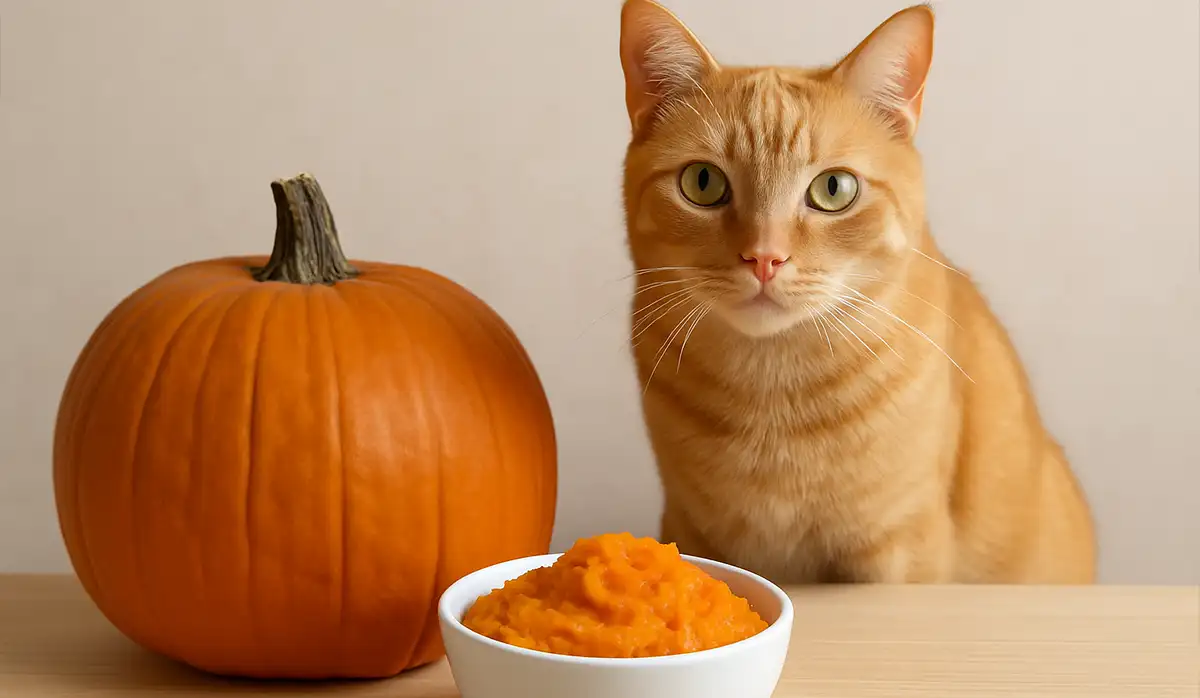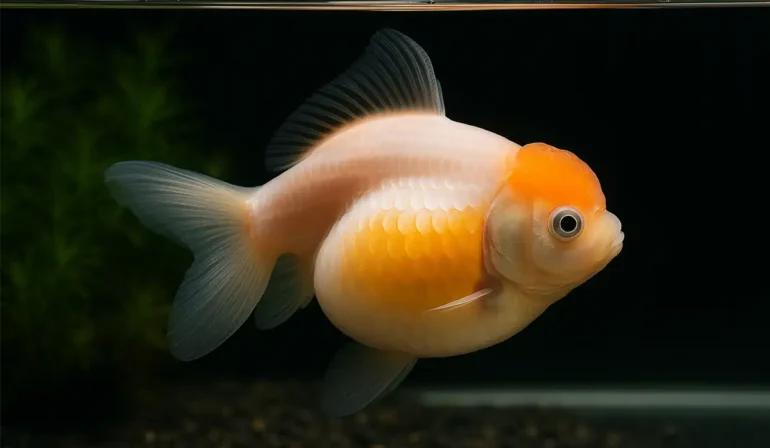Cat Diarrhea: What Every Pet Owner Needs to Know
By Pet Luvz on May 8, 2025

Table of Contents
Cat diarrhea While it’s not uncommon for your feline friend to have an occasional upset stomach, cat diarrhea can sometimes signal something more serious. Understanding the causes, symptoms, treatment options, and prevention strategies for cat diarrhea can help ensure your cat stays healthy and happy.
For more pet care tips, visit PetLuvz.
What is Cat Diarrhea?
Cat diarrhea is defined by frequent, loose, or watery stools. Unlike normal cat stool, which is firm and compact, diarrhea typically has a watery or soft consistency. It may occur sporadically or persist for several days, depending on the underlying cause.
Common Symptoms of Diarrhea in Cats
Recognizing the symptoms of diarrhea is essential to understanding whether it’s a mild issue or something that requires attention.
Frequency of Stool Passage
If your cat is visiting the litter box more frequently than usual, it could be a sign of diarrhea. Cats usually go to the bathroom one to two times a day, so any noticeable increase could point to gastrointestinal distress.
Changes in Stool Consistency
The most obvious sign of diarrhea is a drastic change in the consistency of your cat’s stool. Watery or very soft stools are clear indicators of diarrhea. If the stool appears bloody or contains mucus, it could indicate a more severe condition that requires immediate veterinary attention.
Additional Signs to Watch For
Along with changes in stool, other symptoms like lethargy, loss of appetite, vomiting, or dehydration can also accompany diarrhea. These additional signs indicate that the issue may be more than just a mild digestive upset.
Common Causes of Diarrhea in Cats
Some causes are minor, while others may require medical intervention.
Dietary Changes
Sudden changes in diet, such as switching cat food or introducing new treats, are a common cause of diarrhea in cats. Their digestive system can be sensitive to changes, and it may take time for them to adjust.
Food Intolerances
Some cats may have food intolerances or sensitivities to certain ingredients, such as dairy, gluten, or certain proteins. If your cat is intolerant to specific food ingredients, it can lead to diarrhea.
Parasites and Infections
Parasites such as roundworms, tapeworms, and giardia can cause severe diarrhea. Additionally, bacterial infections (like Salmonella or E. coli) or viral infections (such as feline distemper or coronavirus) are other potential causes. For more information on common parasites that affect cats, check out this article from the American Veterinary Medical Association.
Stress and Anxiety
Stressful situations, such as a move to a new home or the introduction of a new pet, can lead to digestive upset and diarrhea.
Health Conditions like IBD (Inflammatory Bowel Disease)
More chronic conditions like Inflammatory Bowel Disease (IBD) or hyperthyroidism can cause persistent diarrhea. These conditions require a more thorough examination and long-term treatment from a veterinarian.
When to Visit the Vet for Diarrhea in Cats
Most instances of diarrhea resolve on their own within a day or two, especially if the cat has just eaten something unusual. However, there are times when a vet visit is necessary.
Prolonged Diarrhea
If diarrhea persists for more than 48 hours, it’s time to contact a veterinarian. Extended diarrhea can lead to dehydration, malnutrition, and other complications.
Dehydration Signs
Cats with diarrhea can quickly become dehydrated. Signs of dehydration include dry gums, lethargy, and reduced skin elasticity.
Other Symptoms to Watch For
If your cat is also vomiting, refusing food, or acting unusually tired or uncomfortable, it’s a good idea to get a professional diagnosis to rule out serious conditions like infections or diseases.
How to Treat Cat Diarrhea at Home
While some cases of diarrhea can be managed at home, always consult a vet if you’re unsure.
Fasting and Hydration
Give your cat’s digestive system a break by withholding food for 12-24 hours (depending on the cat’s age and health). Always provide fresh water to avoid dehydration.
Special Diets for Cats with Diarrhea
After the fasting period, slowly introduce a bland diet, such as boiled chicken and rice, or a prescription gastrointestinal diet recommended by your vet.
Medications and Probiotics
Certain medications, such as anti-diarrheal agents or antibiotics, may be necessary for some cats. Probiotics can also help restore healthy gut bacteria and improve digestion.
Veterinary Treatment Options
If home care doesn’t resolve the issue, your vet will likely perform diagnostic tests such as blood work, stool analysis, or ultrasounds to identify the cause of the diarrhea.
Diagnostic Tests
Tests can help determine if an infection, parasite, or underlying disease is responsible for the diarrhea. Depending on the findings, your vet may prescribe specific treatments.
Prescription Medications
If the diarrhea is due to a bacterial infection, antibiotics may be necessary. For conditions like IBD, medications to reduce inflammation may be prescribed.
Nutritional Supplements
In some cases, your vet may recommend nutritional supplements, such as fiber or digestive enzymes, to help your cat recover.
Preventing Diarrhea in Cats
While not all causes of diarrhea are preventable, there are steps you can take to reduce the risk.
Proper Diet and Food Choices
Make sure your cat eats a high-quality, balanced diet suited to their age, breed, and health. Avoid sudden changes in their food to prevent digestive upset.
Reducing Stress for Cats
Minimize environmental stress by providing a stable routine and environment. If your cat experiences anxiety, consider using calming pheromones or consulting a vet for behavior modification.
Regular Vet Checkups
Regular vet visits can help catch underlying health issues early, reducing the likelihood of chronic diarrhea or other health problems.
Conclusion
By being vigilant and knowing the signs to look out for, you can manage the problem effectively. If the diarrhea is persistent or accompanied by other worrying symptoms, always seek veterinary care. Prevention through proper diet and stress management can also help ensure your cat’s digestive health remains in top shape.
Frequently Asked Questions
Is Cat Diarrhea Normal?
Occasional diarrhea can happen, especially after a diet change or stress, but persistent or severe diarrhea is not normal and should be checked by a vet.
How Long Can Cat Diarrhea Last?
Typically, cat diarrhea lasts 1-2 days. If it continues beyond that, it’s important to consult a vet.
Can Stress Cause Diarrhea in Cats?
Yes, stress can trigger gastrointestinal upset and lead to diarrhea in cats.
Can I Give My Cat Over-the-Counter Medications?
Always consult a vet for appropriate treatment.
How Can I Prevent Diarrhea in My Cat?
Maintain a stable diet, minimize stress, and schedule regular vet checkups to reduce the risk of diarrhea.
YOU MAY ALSO LIKE
Top Pick
-

7 Proven Benefits of Fresh Pet Dog Food for Daily Health
January 11, 2026
-

African Grey Parrot: A Smart, Loving, and Talkative Companion
July 22, 2025
-

5 Best Canister Filters for Crystal Clear Water in Your Pet Fish Tank
July 8, 2025
-

Is Pumpkin Good for Cats? Everything You Need to Know
July 5, 2025
-

Swim Bladder Treatment: Solutions for Aquarium Fish Health
July 3, 2025











